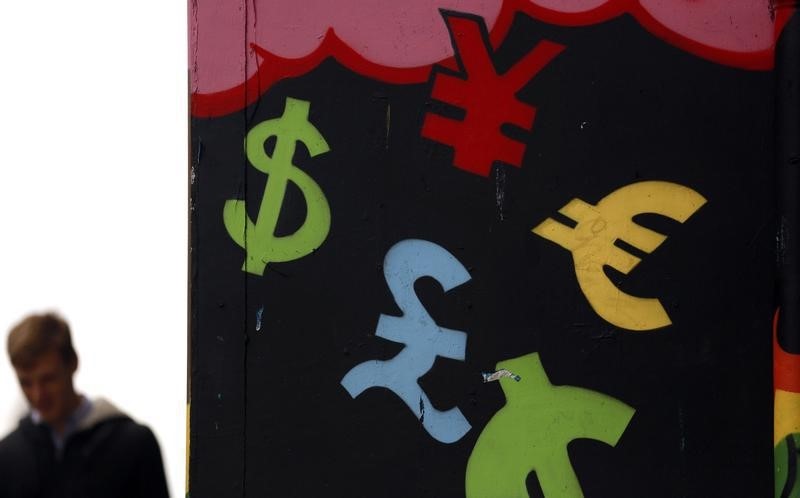(Bloomberg) -- Two Bank of England policy makers signaled that stimulus measures may have to be trimmed back soon to keep inflation from overheating.
Michael Saunders on Thursday joined Deputy Governor Dave Ramsden in noting that both growth and inflation in the U.K. economy have exceeded the central bank’s latest forecasts in May.
The remarks sent the pound higher as much as 0.3% and prompted traders to bet on a BOE interest-rate increase in May 2022, almost a full year ahead of expected tightening by the U.S. Federal Reserve.
Speaking a day after data showed U.K. inflation unexpectedly surged to 2.5%, Saunders said the BOE may have to consider curtaining its stimulus program “in the next month or two” to contain inflation as the economy rebounds.
Ramsden said on Wednesday he could “envisage those conditions for considering tightening being met somewhat sooner than I had previously thought.”
The comments reinforce a change in tone among members of the rate-setting Monetary Policy Committee. That suggests the panel will debate an early end to this year’s 150 billion pound ($208 billion) bond purchase program, a move that would put the BOE in the vanguard of global central banks in withdrawing stimulus.
“This is a notable shift,” said Jordan Rochester, a currency strategist at Nomura International Plc. “We’d label Saunders an activist more willing to shift his view in light of the prevailing data rather than being stuck in his ways.”
Rochester recommended shorting the euro against the pound to benefit from a hawkish BOE.
Traders now expected the central bank will raise interest rates 15 basis points as early as May next year, compared with August on Wednesday. Government bonds fell, with the yield on two-year debt climbing five basis points -- the biggest move since February -- to 0.13%.
Saunders’ remarks stood out against the previous position of BOE policy makers led by Governor Andrew Bailey, who have described some of the surge in inflation as “temporary.” The bank in June said inflation would reach 3% this year and then fall back to their target of 2%.
Bailey maintained his neutral stance in an interview after Wednesday’s inflation reading.
“Today’s number -- yes, it was higher than we thought it would be,” Bailey said, according to Business Live. “It’s higher than pretty much most observers thought would be in that sense. What we will have to do, again, is go through all the evidence and assess to what extent we think the sorts of things that underlie that are likely to be transitory.”
Saunders said Britain’s labor market is recovering well as the economy reopens and inflation may remain above the target in two or three years unless the BOE acts. He said inflation is likely to reach 3% this year and that it “would not be surprising” if it hit 3.5% to 4%.
“If activity and inflation indicators remain in line with recent trends and downside risks to growth and inflation do not rise significantly -- and these conditions are important,” Saunders said. “Then it may become appropriate fairly soon to withdraw some of the current monetary stimulus.”
